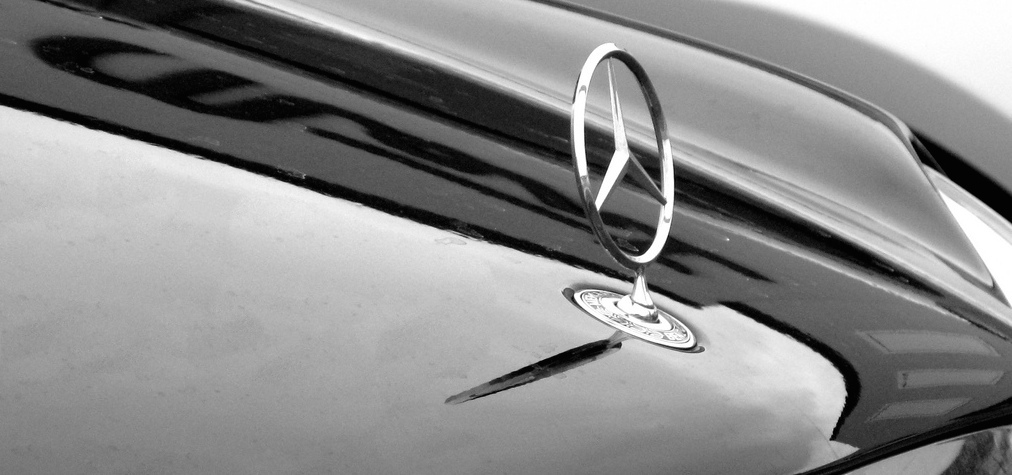Report Claims Mercedes, Honda, Mazda Diesels Also Have Questionable Emissions
This is according to The Guardian, which reports that cars from Mercedes-Benz, Honda, Mazda, and Mitsubishi emit many more toxins on the road than they do in the test garage — though there is no evidence at this time that these vehicles use “defeat device” software to fool tests.
These are all vehicles that passed official emissions tests in Europe, but when they get out into real-use situations, some of these cars are spewing upwards of 20 times the allowable limits of toxins like nitrogen oxides (NOx).
A rep for Mercedes, whose cars tested anywhere from 2.2 to 5 times the legal emissions limits in the EU, tells the Guardian that, “Since real-world driving conditions do not generally reflect those in the laboratory, the consumption figures may differ from the standardized figures.”
Even though one Honda vehicle tested at 20 times the EU limits, and the company’s cars emitted between 2.6 and 6 times the allowable standard, the company maintains that it “tests vehicles in accordance with European legislation.”
The EU has been trying to rein in NOx pollution through tougher standards but the Guardian notes that pollution has continued to be a problem because carmakers are designing vehicles to pass the very specific emissions tests — not to protect the environment when those cars get out on the road.
“The VW issue in the US was purely the trigger which threw light on a slightly different problem in the EU – widespread legal over-emissions,” explains Nick Molden of Emission Analytics, the company that did the testing cited in the Guardian report.
“These new test results [from Emissions Analytics] prove that the Volkswagen scandal is just the tip of the iceberg. What we are seeing here is a dieselgate that covers many brands and many different car models,” said Greg Archer, an emissions expert at Transport & Environment tells the Guardian. “The only solution is a strict new test that takes place on the road and verified by an authority not paid by the car industry.”
Want more consumer news? Visit our parent organization, Consumer Reports, for the latest on scams, recalls, and other consumer issues.


